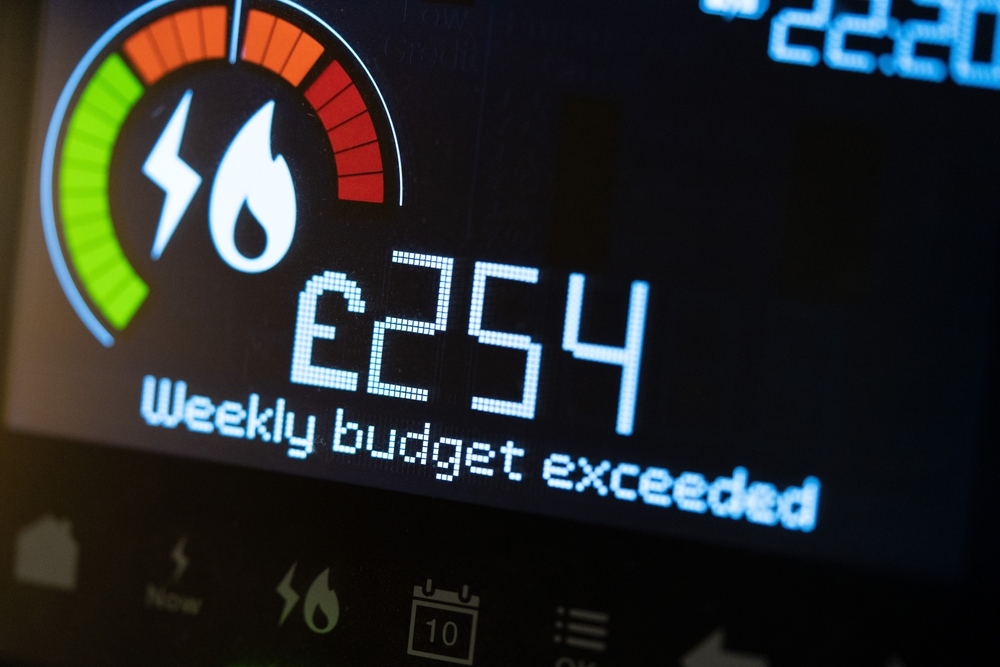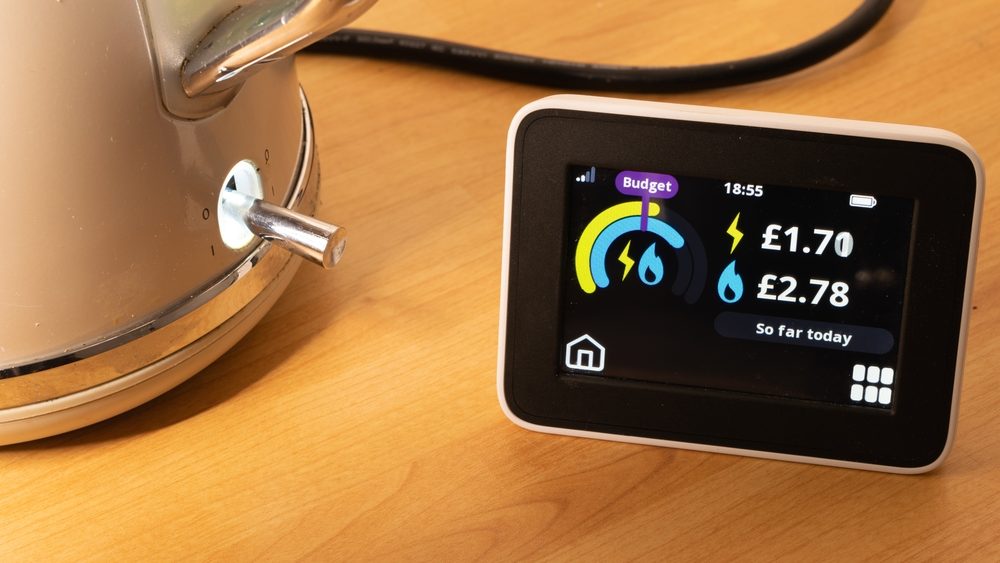
Know more about smart meters
What are smart meters?
Would you like to know more about smart meters and how they could benefit you? This leaflet helps to explain what smart meters are, how they work, and what to do if you’d like more information.
How do smart meters work?
- Smart meters are the new generation of gas and electricity meters. They replace your traditional meters and are installed at no extra cost by your energy supplier.
- Smart meters help to monitor how much energy is being used in your home.
- Meter readings are sent automatically and securely to your energy supplier, so you don’t have to provide manual meter readings. Your supplier uses this information to produce accurate bills.
- Along with the smart meter, you’ll be offered an in-home display (IHD), which is a small portable device that tells you in pounds and pence how much energy you are using. The smart meter installer will show you how to use the in-home display. It can help to identify which appliances are using the most energy. Using this information may mean you can identify ways you might be able to save money.
- If you prepay for your energy, the in-home display will enable you to see how much credit is left and with a smart meter you can also top up much easier via an app, online or still in the local shop.
- With a smart meter, you can access more flexible tariffs, including those which charge a different rate depending on the time of day energy is used. This is sometimes called ‘demand flexibility’, where the cost of energy is lower when demand on the energy system (from everyone) is less – if you want to know more talk to your supplier.
- If you rent your home and the energy bill is in your name then it’s your choice to have a smart meter installed. If your lease says you need your landlord’s permission to change the meter, Ofgem, the energy regulator, says they should not say no unreasonably.
- There are some property types and locations which might temporarily prevent a smart meter from being installed. If this is the case, your energy supplier should be able to explain why and let you know when an installation may be possible.
- If you aren’t sure if you already have a smart meter installed, ask your energy supplier to check.
Understanding your in-home display (IHD)
- Your in-home display provides vital information such as:
- Energy consumption in pounds and pence.
- Meter readings.
- If you prepay for your energy, it will also tell you how much credit is left, when credit is running low and if there is any debt on the account.
- You can find in-home display user guides on the Citizens Advice website at: www.citizensadvice.org.uk/consumer/energy/energy-supply/your-energy-meter/find-the-user-guide-for-your-smart-meters-in-home-display/
- Accessible in-home displays are also available from some energy suppliers. Accessible in-home displays have been designed to help people who might benefit from a larger display, easier to use buttons and audio options. If you have a sight impairment, problems with dexterity or suffer from memory loss then let your supplier know as they might be able to provide you with an accessible in-home display.

More information
- Contact your energy supplier to find out more about smart meters.
- If you already have a smart meter and there is an issue with it or the in-home display then let your energy supplier know so they can help.
- You can check what type of smart meter you have and whether it is sending automated meter readings to your supplier here: smartmetercheck.citizensadvice.org.uk
- Smart Energy GB is the independent, non-profit, government-backed organisation that helps households and small businesses across Great Britain to understand how smart meters can benefit them, their families and the environment. Their website has lots of useful information: www.smartenergygb.org
- See the National Energy Action website for frequently asked questions and answers about smart meters: www.nea.org.uk/smart-meters/frequently-asked-questions-about-smart-meters/
If you are concerned about your smart meter or your energy bills, National Energy Action’s Warm and Safe Homes (WASH) Advice Service is a free support service providing energy bill help and advice on how to keep warm and safe, available to householders in England and Wales. We can also help with benefits advice and income maximisation.
Find out more by visiting www.nea.org.uk/get-help/ or calling 0800 304 7159. Phone lines are open Monday to Thursday 10 am – 12 pm and 2 pm – 4 pm.

